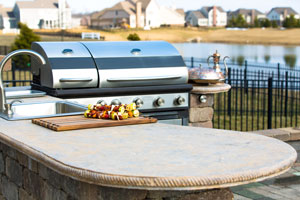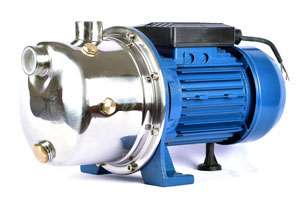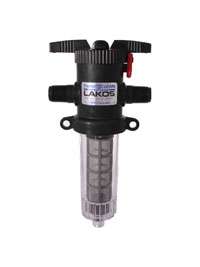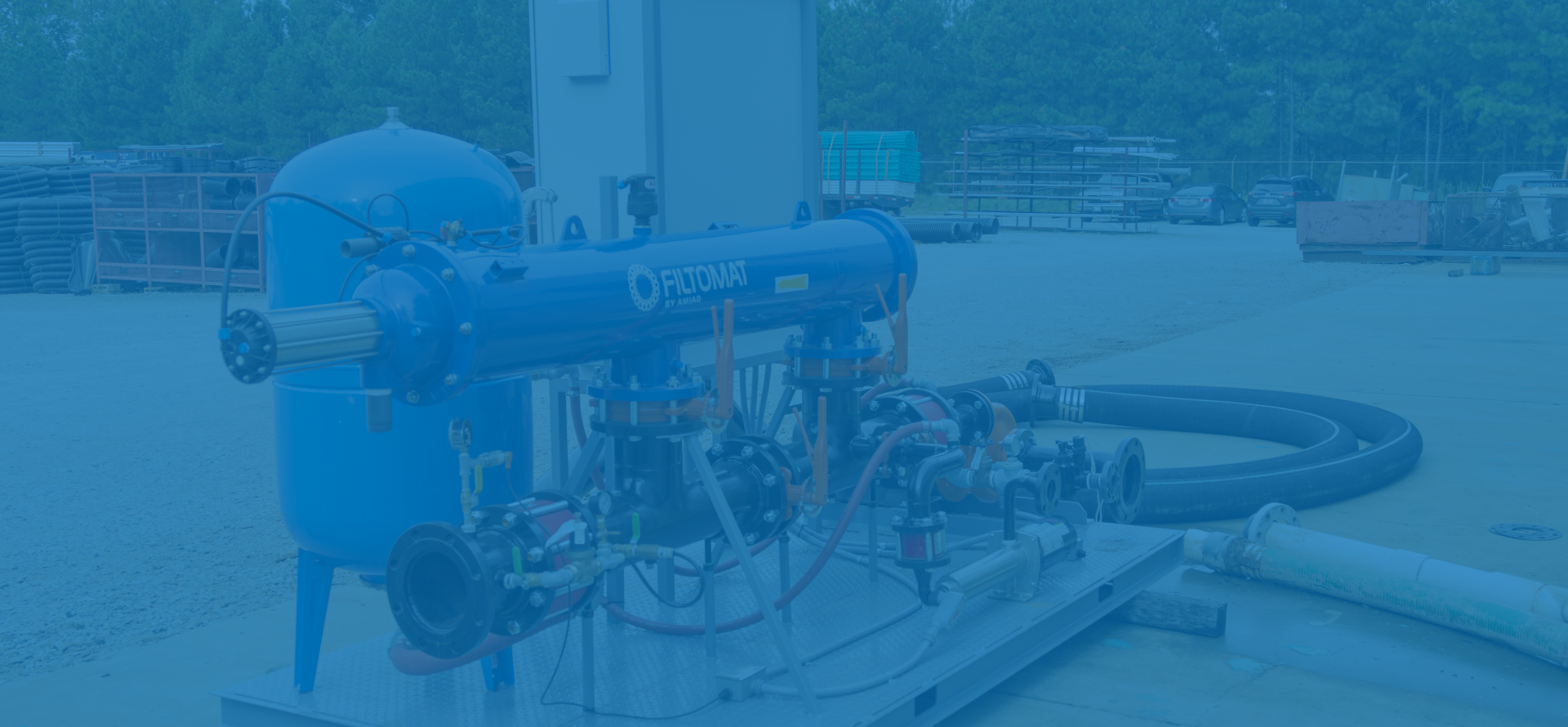
Nothing says summer like a fun in the sun BBQ with your favorite friends and family members. Now is the perfect time to get your outdoor kitchen party-ready so you can plan those backyard festivities! Here are some tips to prepare you to get the party started!
- Think Beyond the Grill-Creating the perfect outdoor kitchen is so much more than just a grill. Choose custom cabinets and countertops to create an amazing outdoor kitchen you will love to cook in!
- Let the Pros Help-Leave the design work to the pros. The outdoor kitchen experts at W. P. Law can help you find the perfect design for your backyard. With dozens of cool design configurations to choose from, you are sure to find one to suit your needs.
- Get Wet-Be sure to include an outdoor sink as part of your custom outdoor kitchen. It makes clean up a cinch, so you have more time to enjoy your summertime party and guests.
- Keep it Cold-Incorporating a small refrigerator as part of your outdoor kitchen design is crucial. From beer and soda to condiments and salads, having a refrigerator handy for summer BBQ’s is not just convenient, but almost mandatory for today’s creative outdoor spaces!
- W.P. Law, Inc. has the perfect grill and everything you need to build an outdoor kitchen. Let the team at W. P. Law, Inc. show you how to make your outdoor kitchen the talk of the neighborhood block.













